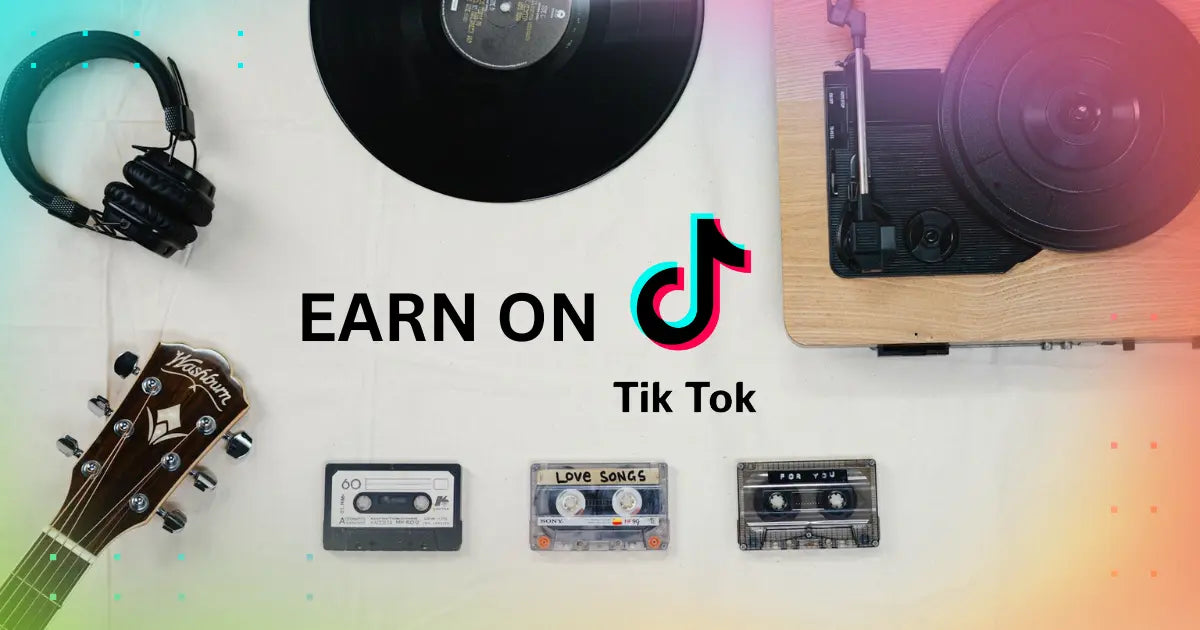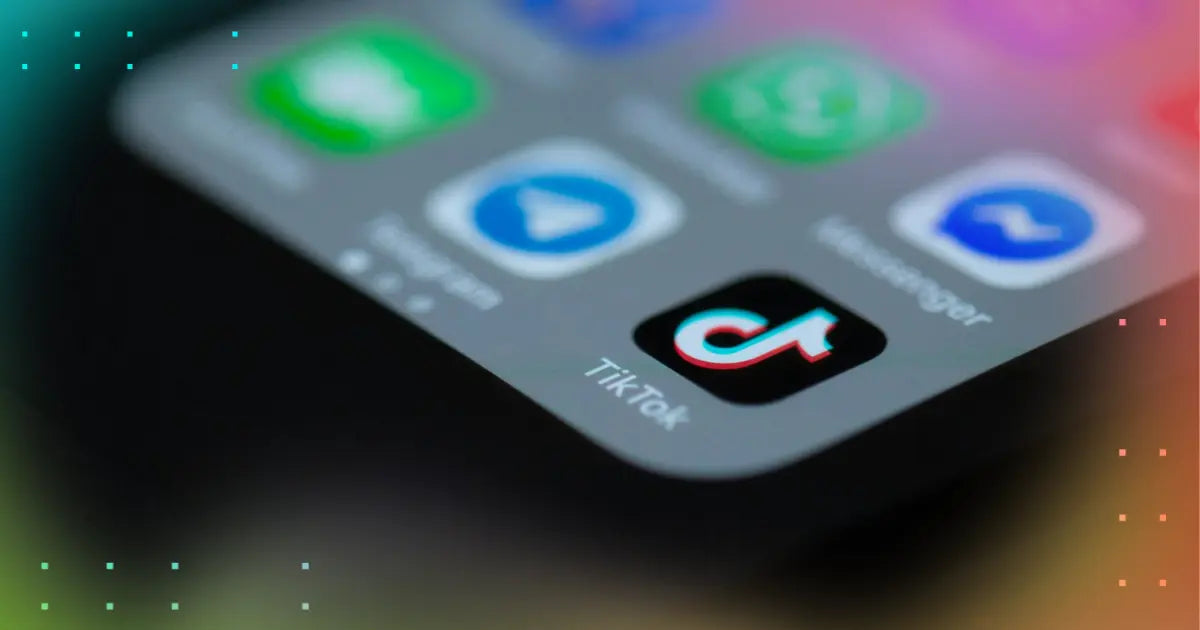Spotify has forever changed the landscape of the music industry with its music streaming platform. It has transformed how listeners engage with music and how artists profit from their creations. Yet, there is a burning question on many minds: how much do musicians really earn from Spotify? This blog post offers a thorough examination of Spotify's payment model and the factors affecting these payments. Learn also how artists can optimize their earnings from this streaming platform.
Introduction to Spotify’s Payment Model
Spotify's approach to artist compensation is fundamentally rooted in streaming royalties. Unlike traditional music sales where artists earn money per album or song purchased, Spotify pays artists every time their song is streamed. The payout per stream is not fixed; it's influenced by a variety of factors, from user subscriptions to the country in which the music is played.
Let us also explain Spotify's "30-Second Rule" in order to fully understand streams. It's simple: if someone listens to your song for at least 30 seconds, it counts as a stream. But if they skip it before that mark, it won't count. Spotify also requires a certain number of streams within a year for songs to earn royalties. Plus, musicians need to attract a specific number of different listeners to start making money from their song. To sum up - Spotify pays musicians per stream, even when the song is streamed repeatedly on a loop.
Breakdown of Spotify’s Royalty System
At its core, Spotify’s royalty system is really complex, involving numerous variables that affect how much artists are paid per stream. The platform uses a formula that distributes royalties based on the total number of streams a song garners, which are then divided by the total streams on the platform, adjusted by various factors like the artist's label agreements. Typically, Spotify pays between $0.003 and $0.005 per stream, which suggests that to make $1,000, an artist needs about 200,000 to 333,333 streams.
Factors That Affect Spotify Earnings
The earnings from Spotify can vary greatly depending on several key factors:
- User Subscription Type: Spotify’s premium subscribers contribute more to artists’ payouts than free tier users, due to the higher revenue generated from paid subscriptions.
- Geographic Listener Locations: The country where the music is streamed can affect earnings; streams from countries with higher premium subscription fees may result in higher payouts per stream.
-
Your agreement with the distributor: Your earnings on Spotify hinge on the terms you've agreed upon with your label or distributor. This means that whoever you've signed with will have a direct impact on your income. Additionally, it's important to note that you won't receive the entirety of your earnings, as a portion will inevitably be allocated to the distributor.
Comparing Spotify’s Rates with Other Streaming Services
When compared to other streaming services like Apple Music and Amazon Music, Spotify’s per-stream rates are often perceived as lower. However, Spotify boasts a larger user base, which could potentially lead to more streams and possibly greater overall earnings. For many artists, the trade-off between a higher number of lower-paying streams versus fewer, higher-paying streams is a significant factor in their overall streaming strategy. Spotify pays artists for their streams, so it is still worth having your songs published there.
The Debate Around Spotify’s Payments to Artists
There is ongoing debate about the fairness of Spotify’s payments. Some artists and industry commentators argue that the streaming model, as it stands, challenges artists' ability to earn a sustainable income. Conversely, others point to the exposure and audience reach that Spotify provides, which can be particularly beneficial for new and emerging artists. Glass Animals, Kiiara and Anne Marie are just some of the names in the music industry who became famous on Spotify.
Strategies for Artists to Maximize Earnings on Spotify
Artists can take proactive steps to enhance their Spotify pay:
- Engagement and Promotion: Utilizing Spotify’s promotional tools, such as curated playlists and Spotify for Artists, can help increase an artist's visibility and streams.
- Direct Fan Engagement: Artists that actively engage with their listeners through social media and Spotify itself tend to maintain a more loyal fanbase, potentially increasing their stream counts and, by extension, royalties.
Additionally, musicians and especially the ones at the beginning of their career should consider hiring a professional agency dealing with promotion such as Pitch-us. It is a proven way to get people to hear their music and also profit from it.
The Future of Music Streaming and Artist Compensation
How Listeners Can Support Artists Beyond Streaming

Listeners wishing to support their favorite artists can do so in several ways beyond just streaming their music. Purchasing merchandise, attending live performances, and participating in direct donation platforms like Patreon offer direct financial support, which can be especially valuable. Another meaningful way of showing support is to share the music on social media platforms. This increases the visibility and presence of the artist worldwide.
Final word - The Impact of Streaming on Musicians’ Earnings
While Spotify provides a powerful platform for distributing music globally, the earnings artists derive from streaming vary extensively. The discussion surrounding streaming and its impact on artist revenue is ongoing, with no one-size-fits-all answer. As the industry adapts and evolves, so too will the ways in which artists are compensated for their creative output.
How much will Spotify pay you, depends greatly on your efforts in promoting your song and reaching to your audiences. In addition to having your song professionally recorded, it is important to dedicate attention to your fans and to reach out to them.
Eager to make a living as an aspiring musician? Invest in your future now and grow your fanbase and income with us. Pitch-us is only one click away.





Leave a comment
This site is protected by hCaptcha and the hCaptcha Privacy Policy and Terms of Service apply.